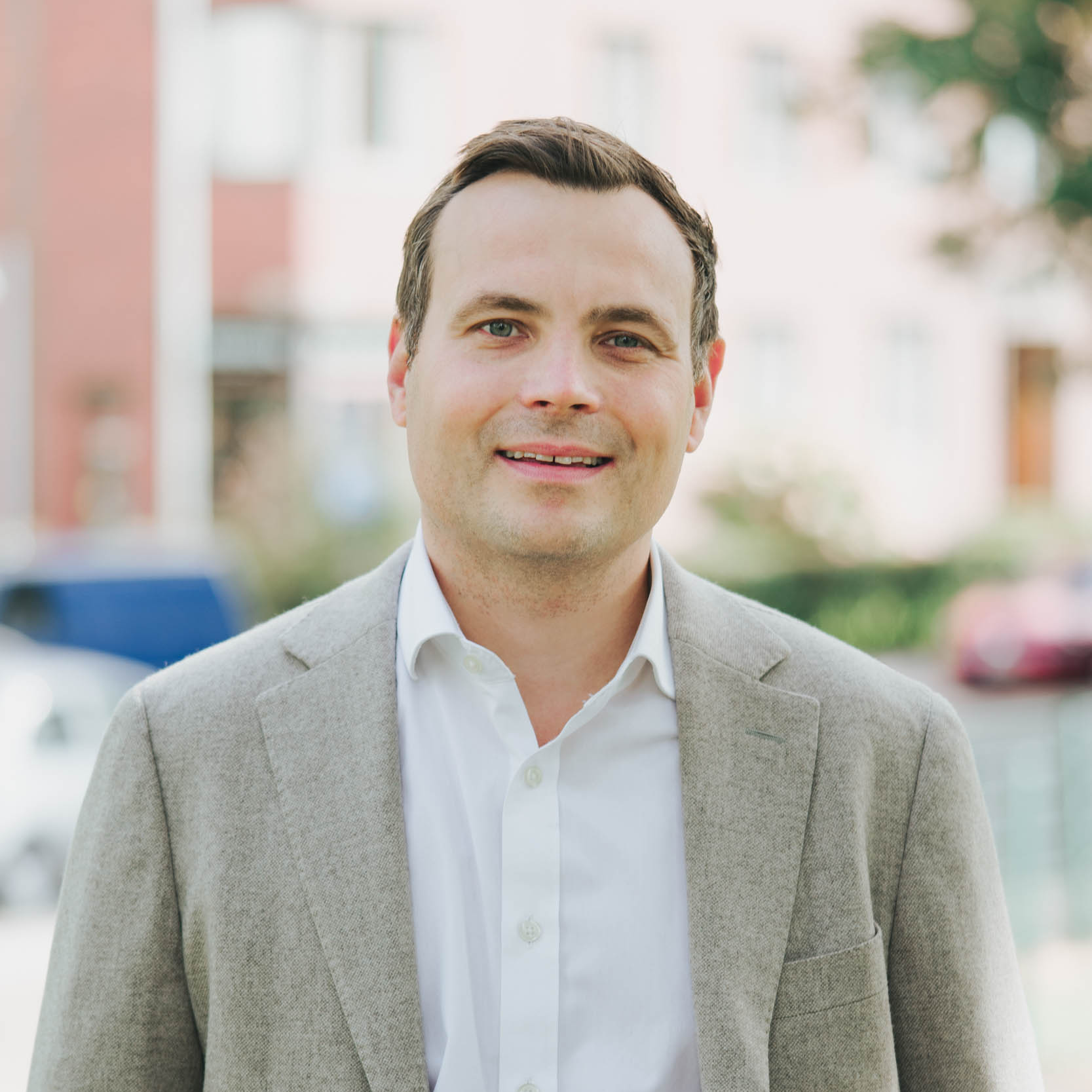
Open strategy has become a buzzword. Managed carefully, it helps in developing a shared purposeful vision for the organisation, in engaging strategically with new technologies, and in embracing opportunities offered by sustainability. Opening strategy encourages corporate decision-makers to rethink their authority over strategy. The Moomin business testifies for its value.
There is a strong case for open strategy. In line with societal demands for accountability and equity, many organisations claim that they are opening their strategy work. This means rendering strategy more transparent and including more actors in making it.
Including new actors in strategy work is expected to contribute to more informed decision-making and effective implementation. It can offer new insights and ideas, and it is often beneficial for corporate reputation. New actors can contribute to doing strategy with their different backgrounds, knowledge, and skills. Strategy can be opened in face-to-face encounters and in virtual spaces, within and beyond organisational boundaries.
However, existing research tells us that top corporate decision-makers often manage inclusion and transparency in line with their own interests. Open strategy can become a meaningless ritual if the included new actors have no influence over it.
Opening strategy with purpose
While opening strategy is not a solution for everything, it offers ways to improve strategy-making in the complex, fast, and unpredictable global marketplace. Considering this, corporate decision-makers can ask themselves three questions.
01 Can opening strategy help to develop a shared purposeful vision for the organisation? Many people today expect to be part of something worthy and meaningful. Research suggests that new generations in particular want to know what they are a part of. They expect to be heard. Including more people in strategy work and making it more transparent answers this call. However, finding a sense of purpose together is a continuous process that needs to be carefully managed.
02 Can opening strategy help to engage with new technologies? Artificial intelligence in its multiple forms is transforming society. Research indicates that in companies AI solutions and applications tend to develop from the bottom up. Managing new technologies strategically thus calls for a more open approach where the knowledge and insights of those developing and using them are heard and leveraged in steering the direction of the company. Again, this is a continuous process rather than a one-off initiative.
03 Can opening strategy help to embrace opportunities offered by sustainability? The earth is in an ecological crisis and social problems mount across the world. Research suggests that approaching sustainability as a key strategic issue can help address the crisis and problems and yield new business opportunities. Embracing these opportunities calls for openness and a continuous, purpose-driven approach leveraging the knowledge and insights of organisational members.
When opening strategy, corporate decision-makers are encouraged to let go of some of their authority and to trust their people for ideas and insights. Together with Paul Savage, I studied an ecosystem of companies where this seems to be happening. This is the Moomin business where management is transparent and inclusive.
The Moomin business: a purposeful vision
Moomins are troll creatures with pear-shaped faces who live with their friends in the Moominvalley. Artist and writer Tove Jansson created the first Moomin images and stories in the 1940s and soon expanded into comic strips and animation films. Jansson developed a Moomin philosophy rooted in respect for differences.
We found that Tove Jansson’s art and philosophy are reflected in how the Moomin business is managed. Its purposeful vision is clear: to do good by bringing people comfort and joy. At its core, the business is about trading in Moomin copyright: nurturing an art-based brand and selling licenses for using its registered trademarks. Doing good is good business with over 700 licensees and a global annual retail value of close to a billion euros.
Open strategy and inclusive management
Strategy work at Moomin is kept open. This helps steer the business based on the shared purpose derived from Tove Jansson’s legacy. Corporate values of love, equality, and courage are based on this legacy, and when routinely scrutinized among organisational members, they act as a compass that keeps the organisation on the right course. Complicated strategy jargon and rituals are missing at Moomin. People are not bothered with meaningless exercises but are trusted as professionals who know what they are doing. A shared sense of purpose allows for quick decision-making and execution.
At Moomin, among other things, this transparent and inclusive approach to strategy helps to reap opportunities offered by new technologies. When Jansson’s two-dimensional creations are taken to three-dimensional spaces and when they come alive in mobile games and the like, ideas and insights from organisational members are crucial in steering the development in line with the purposeful vision. This could not be dictated from the top down.
Tove Jansson’s legacy also involves a deep concern for the environment. The Moomin business of doing good has run the risk of assuming that sustainability is built into all operations so that it does not have to be specifically addressed. Based on organisation-wide discussions, however, sustainability has been elevated into a key strategic issue at Moomin. Ensuring sustainable and responsible practices of licensees remains one of the top priorities here.
Overall, the Moomin business shows how a sense of purpose, engaging with new technologies, and embracing sustainability are all connected. Opening strategy makes sense when it is genuine and purposeful and when it is managed with care.
Check out the forthcoming book “Moomin Management: Redefining Generosity” by Paul Savage and Janne Tienari.
 |
About the author Janne Tienari, Professor, Management and Organisation, Hanken School of Economics. Janne specialises in strategy work, mergers and acquisitions, branding, and diversity. His research delves into the intersection of management and mediatized society, with a focus on the impact of new technologies and sustainability in how strategy is done. |



